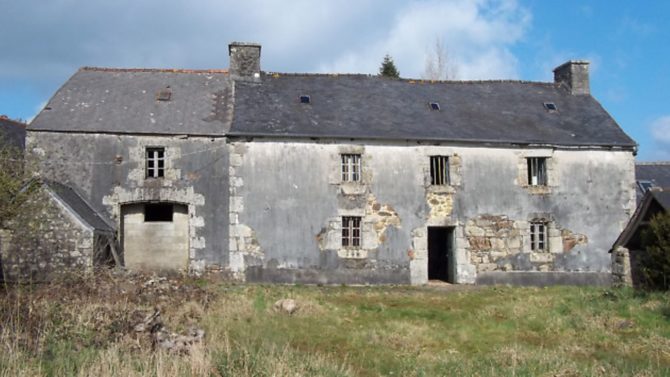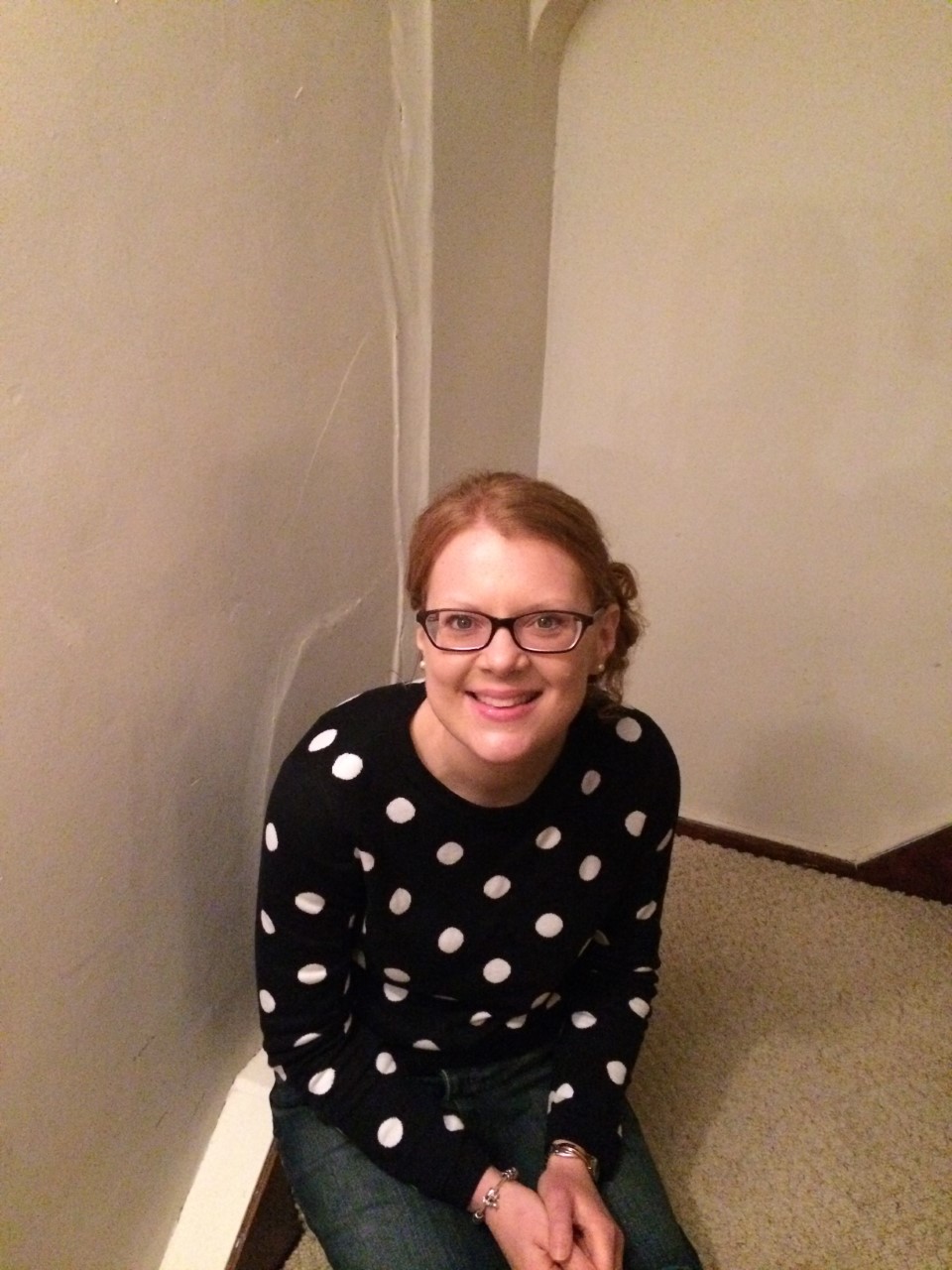Mortgages: financing a renovation project in France


Simon Smallwood explains the issues to consider if you’re planning to finance a renovation project in France with a French mortgage
Renovating or constructing a property in France is often a popular choice for British buyers. All across the country, including in upmarket locations such as the Alps and the Côte d’Azur, there are deals available that offer far greater value for money than similar projects in the UK. What’s more, given the recent strength of the pound against the euro, such bargains look more attractive than ever.
As always with renovation and construction projects, finding the right French mortgage can be complicated, yet when all is said and done, it is crucial to ensuring that the project genuinely turns out to be financially worthwhile. The attractively low interest rates that have been available in France for the last few years have made taking out a French mortgage an increasingly popular option for international buyers.
In this article, we’ll have a look at the main factors to bear in mind if you wish to finance a construction or renovation project in this way.
Proceed with caution
An issue to keep in mind when looking into this type of financing is that French banks are traditionally cautious about taking security on a property that they deem to be uninhabitable.
In France, a property is considered uninhabitable if it lacks one or more of the following features: mains electricity, running water, central heating, windows, doors or a roof. If you wish to finance the purchase of an uninhabitable property or land with a French bank, you will need to present detailed plans of the works that you intend to carry out to improve its state. From the bank’s point of view, this offers reassurance that the property will ultimately be a viable asset for their funds to be secured against.
In order to do so, formal estimates of future construction or renovation works must be submitted to the bank as part of the mortgage application. These estimates should therefore be obtained when you view the property, and before making a formal offer to purchase it.
In fact, this is a good procedure to follow regardless of whether you are applying for a French mortgage. You do not wish to commit to a purchase, only to discover further down the line that expensive works are required to raise the property to a habitable standard.
For the purpose of making a French mortgage application, the relevant estimates provided must be issued by builders who are registered in France, along with their relevant insurance documentation.
Invariably French banks do not agree to finance projects which involve construction or renovation works that are carried out by builders who are not registered and insured in France. The reason for this is that French lenders will only feel reassured as to the standard of the works if they are under the control of registered local professionals.
Recently, lenders have been more cautious about feeling confident that, should any of the contractors get into financial difficulty, they have sufficient insurance in place to ensure the project is completed. The last thing the French bank wants is to have a mortgage secured against a half-built property that will be difficult to sell.
When it comes to the team involved in implementing the works, it sometimes works in the favour of the French mortgage application if there is a central project manager overseeing operations. Detailed estimates and insurance details are required for each stage of development, and having a central project manager to collect all of the paperwork into a neat file to be submitted to the bank can be a real help.
In any case, French mortgage applications involve a lot of documentation, so borrowers should always keep an eye on the paperwork and which construction or renovation works it relates to.
Available funds
With regard to loan-to-value ratio (LTV), most lenders impose a maximum ratio of 80% or 85%. The bank will carry out a valuation that takes the proposed construction and renovation works into account, in order to establish an estimated final value of the property at the project’s completion.
The LTV applies to this estimate, in the sense that the final loan size must not exceed 80% or 85% of the final value or the purchase and construction costs, whichever is lower.
The entirety of your French mortgage funds will not be released when the property is signed over to you on completion of your purchase. You will instead be required to pay your personal contribution to the project – acting here as the deposit – at this stage. The bank then releases only those funds which are required to complete the property purchase.
Subsequently, French mortgage funds will be released in accordance with the works that are carried out on the property. In actual fact, they can only be sent out by the bank when each section of the works has been finished. Builders’ invoices should be collated, and subsequently sent to your representative at the bank as proof that works have been completed. The bank will then reimburse the contractor directly on your behalf.
As the funds will be released in stages like this, it is important to check whether the bank charges a commission d’engagement. This is a commitment fee clause stipulating that the borrower pays interest on mortgage funds which remain undrawn as works are carried out. If the works are scheduled to take a number of years to complete, such a commitment can end up proving rather costly. Different mortgage products with different lenders may offer more or less favourable conditions in this regard.
In order to ascertain which mortgage products are available to you – including details on which banks charge this commission d’engagement – the best place to start is by contacting a French mortgage broker. An independent broker will be able to compare the mortgage market on your behalf and advise you about which banks are best placed to assist with your project.
In this sense, the job of the broker has never been as crucial as it is now. The economic turbulence in the eurozone over the last few years has resulted in French lenders becoming increasingly cautious about residential mortgages. This caution is particularly pronounced when it comes to construction and renovation finance.
A broker is in the unique position of being able to inform buyers about which lenders are still reliably providing this type of financing in a timely manner. This precious advice could save you a considerable amount of time and money in the long run.
Simon Smallwood is Business Development Manager at International Private Finance
Tel: 0207 484 4600
Share to: Facebook Twitter LinkedIn Email
More in Renovating in France


